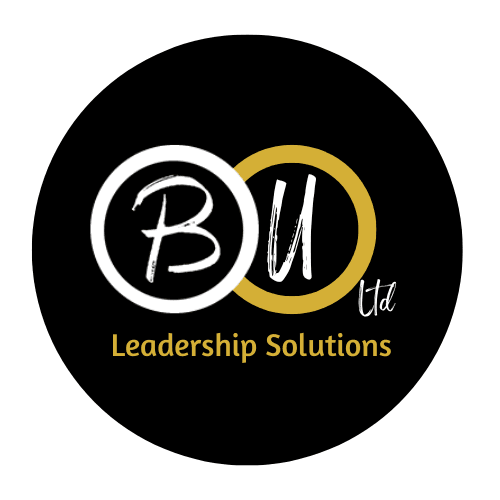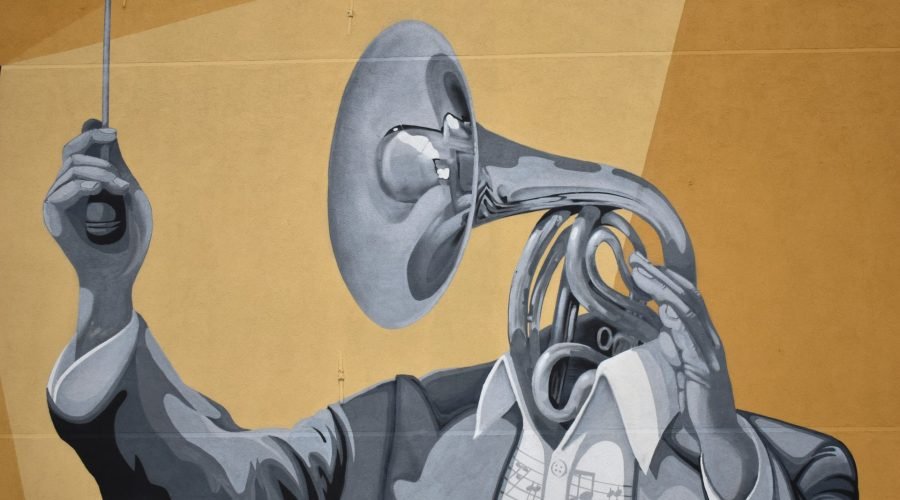A man who wants to lead the orchestra must turn his back to the crowd.
James Crook
To make the quote above more relatable to you as a leader, I’ll say; “a person who wants to lead a team must turn his/her back to the crowd.”
Before I go any further, let’s take a brief look at who an orchestra conductor is. An orchestra conductor is basically a person who directs the performance of a group of musicians who play a variety of instruments.
If you are wondering what this has to do with leadership and with you as a leader, I’ll tell you. The work an orchestra conductor does is a lot similar to what you do as a leader. An O.C (i.e. orchestra conductor; O.C is much quicker to type:)) is not just one who stands in front of the orchestra and waves his hand around. In fact, it wasn’t so long ago that I myself realised that conducting was more than just looking sharp and moving your hands around eagerly to a musical piece. An O.C’s role comes with responsibilities. S/he acts as a guide to the orchestra and is required to: choose the piece that will be performed, study it, make necessary adjustments to elements of it to make it more appealing, work out how best to interpret the piece, then communicate their vision of everything to the orchestra. Looking at all that, their responsibility is not that different from yours now, is it?
Your role comes with responsibilities; big ones. You act as a guide to your team and you delegate tasks. You make adjustments where necessary by making provisions that’ll ensure they have the resources they need, the information that’s required to do their work, and the skills that’ll help them do it well. Then you communicate this vision/intention/expectation to your team. Just like the O.C, your goal is to ensure your team is in sync and performs well so that their work can be enjoyed by the people it was intended for.
Why am I going on about who an O.C is and about what he does? Because I want you to look at your role through a different lens. Also, because I want to use the quote shared above as a charge to you to take your stand as the guide that you are. To realise that your role ‘in front’ requires undivided attention to your team and turning your back on the crowd. Turning your back not because you don’t care about the crowd you are ‘playing’ to but because you care enough about them to partner with your team to produce good results.
I have said all that to say this; focus on your team and guide them to high performance and success. I say this because the way you work with your team is what will make them do their best work and it is what people see as leadership effectiveness. That effectiveness is the very thing that attracts applause from the crowd.
Be the guide, focus on your team!




